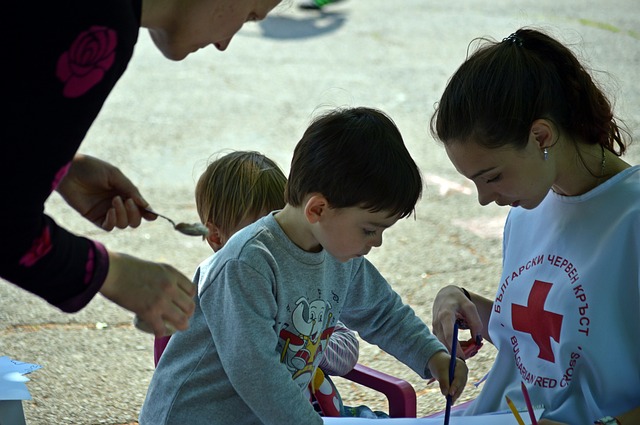The Value of Volunteering

Volunteering Can Help Your Career
It is interesting to note that many successful people in psychology have done volunteer (community service) work. Volunteering covers a vast number of activities, including working on a political campaign, working in a church daycare center, disaster relief, tutoring, working at a rape crisis center, working with the homeess, etc. In thinking about volunteering, remember that volunteering is doing work for free, and that volunteering has benefits, even if the activity you volunteer for is not directly related to your ultimate career goal.
Keep in mind that many people volunteer. In fact, the Bureau of Labor Statistics found that between September 2014 and September 2015 there were about 63 million Americans (almost 25%) who volunteered.
Here are rsome reasons why volunteering can be so beneficial. First, volunteer work stands out in your resume. To a decision maker (graduate selection committee or employer) volunteering shows a certain kind of motivation that others will not be able to show. Second, as a volunteer you are doing work that benefits the community. Moreover, it is a great feeling knowing you have helped others. Third, when you volunteer you actually show excellent time-management skills because you are able to volunteer at the same time you are taking classes and/or working. Fourth, volunteering can show that you can be part of a team. Fifth, certain college scholarships require community service to apply.

Please note that the comments of Dr. Golding, Dr. Lippert and the others who post on this blog express their own opinion and not that of the University of Kentucky.
Want More?
Visit our website to learn more about possible careers for psychology majors or those interested in jobs that involve psychology.
Learn how to succeed in college with Professor Golding’s blog.
Check out Dr. Lippert’s website to learn about her work as a cognitive psychologist.
Follow us on Twitter and Facebook